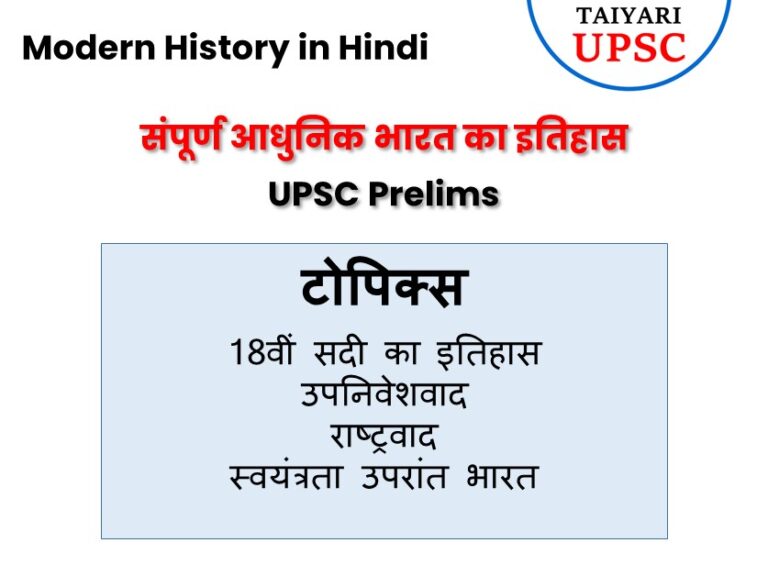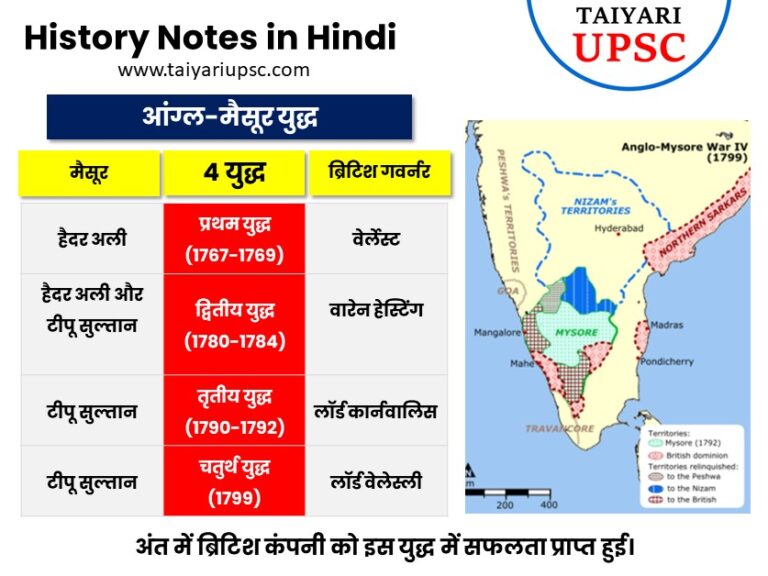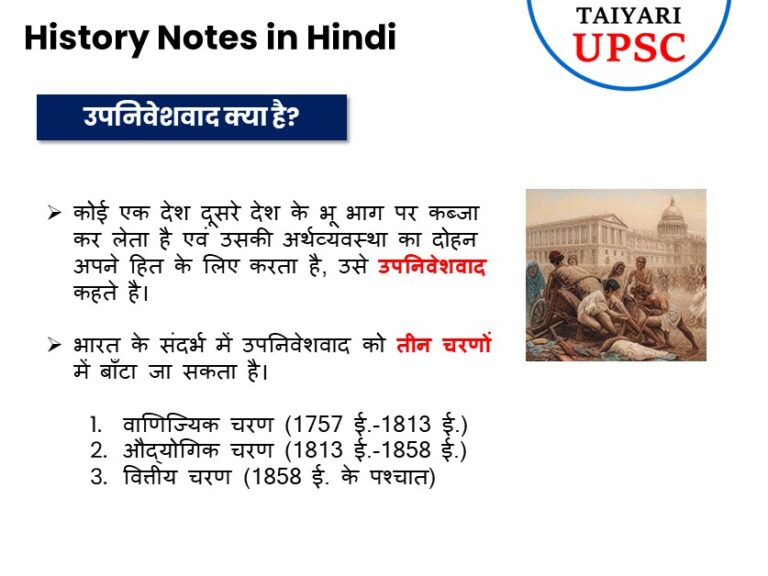Table of Contents
ToggleEnglish Grammar के इस अध्याय मे आप Adverb के बारे मे Adverb in Hindi, Types of Adverb, उदाहरण के साथ आसान भाषा मे सीखेंगे।
What is Adverb in Hindi
Adverb की परिभाषा: वह शब्द जो किसी Verb, Adjective, या दूसरे Adverb की विशेषता बताता है। साधारणतया, यह Noun या Pronoun की विशेषता नहीं बताता है।
Adverb Examples:
1) The boys run slowly.
(यहाँ, “slowly” एक Adverb है जो Verb “run” की विशेषता बता रहा है)
2) She writes beautifully.
(यहाँ, “beautifully” एक Adverb है जो Verb “writes” की विशेषता बता रहा है)
3) Anand works quickly.
(यहाँ, “quickly” एक Adverb है जो Verb “works” की विशेषता बता रहा है)
Note – कभी – कभी Adverb किसी एक word को नहीं, बल्कि पुरे sentence को modify करता है।
Example:
- Probably, You are right.
- Fortunately, they did not receive any injury.
Types of Adverb
Adverb तीन प्रकार के होते है –
- Simple Adverb
- Interrogative Adverb
- Relative Adverb
Simple Adverb
Simple Adverb निन्मलिखित प्रकार के होते है –
- Adverbs of Time
- Adverbs of place
- Adverbs of manner
- Adverbs of Frequency or Number
- Adverbs of Degree or Intensity or Quantity
- Adverbs of Affirmation or Negation
Interrogative Adverb in Hindi
Interrogative Adverbs वे होते हैं जो प्रश्नीय वाक्य (Interrogative sentence) की शुरुआत करते हैं और वहाँ time (समय), place (स्थान), state (स्थिति), manner (तरीका), reason (कारण) इत्यादि की जानकारी के लिए प्रश्न करते हैं।
इनमें से कुछ प्रमुख Interrogative Adverbs हैं:
When (कब):
- Example: When will you arrive?
Where (कहाँ):
- Example: Where is the nearest hospital?
How (कैसे):
- Example: How did you solve the problem?
Why (क्यों):
- Example: Why are you late?
Wherever (जहाँ भी):
- Example: Wherever you go, I will follow.
Whenever (जब भी):
- Example: You can call me whenever you need help.
However (कैसे भी):
- Example: However you choose to do it, make sure it’s done.
Whence (कहाँ से):
- Example: Whence did he come?
Whither (कहाँ जा रहा है):
- Example: Whither are you going?
How often (कितनी बार):
- Example: How often do you visit your grandparents?
Relative Adverb in Hindi
Relative Adverbs और Interrogative Adverbs कुछ ही रूप के होते हैं, लेकिन उनका प्रयोग वाक्यों में विभिन्न प्रकार से होता है।
Interrogative Adverbs (प्रश्नवाची क्रिया-विशेषण): इन्हें प्रश्नीय वाक्यों में प्रयुक्त किया जाता है ताकि वाक्य में किसी विषय के बारे में जानकारी प्राप्त की जा सके, जैसे कि समय, स्थान, तरीका, कारण इत्यादि।
- Example: When will you arrive? (यहाँ, “When” Interrogative Adverb है जो समय के बारे में प्रश्न कर रहा है।)
Relative Adverbs (संबंध-क्रिया-विशेषण): इन्हें दो वाक्यों या वाक्यांशों को जोड़ने के लिए प्रयुक्त किया जाता है, और इनमें से प्रत्येक एक विशेष या संबंधित स्थान, समय, तरीका, कारण इत्यादि की जानकारी प्रदान करता है।
- Example: This is the place where I met her. (यहाँ, “where” Relative Adverb है जो दो वाक्यों को जोड़कर स्थान की जानकारी प्रदान कर रहा है।)
More Example Sentences
- I don’t know how much he has.
- Do you know how he will act.
- This is the house where he lived.
- Do you know the place where she lives?
Adverb of time
समय को बताने वाले Adverbs को “Adverbs of Time” कहा जाता है। ये Adverbs समय की जानकारी देने में मदद करते हैं और वाक्य में किसी क्रिया या स्थिति को समय के संदर्भ में रखने में सहायक होते हैं।
यहाँ कुछ उदाहरण हैं:
- Daily (रोज़ाना): He goes for a run daily.
- Now (अब): I am busy now.
- Before (पहले): Finish your homework before you go out.
- Soon (जल्दी): She will arrive soon.
- Yesterday (कल): We met yesterday.
- Then (तब): He was at home, then he went to the store.
- Last Month (पिछले महीने): I visited Paris last month.
- Recently (हाल ही में): I watched that movie recently.
- Shortly (शीघ्र): The meeting will start shortly.
- Today (आज): I will meet you today.
- Ago (पहले): She left the office a few minutes ago.
- Presently (वर्तमान में): He is presently working on a new project.
- Lately (हाल ही में): She has been feeling tired lately.
- Last Year (पिछले साल): We visited the beach last year.
- At Present (वर्तमान में): The situation is tense at present.
Adverb of Place
स्थान को बताने वाले Adverbs को “Adverbs of Place” कहा जाता है। ये Adverbs स्थान की जानकारी देने में मदद करते हैं और वाक्य में किसी क्रिया या स्थिति को स्थान के संदर्भ में रखने में सहायक होते हैं।
यहाँ कुछ उदाहरण हैं:
- Near (पास): The market is near.
- Away (दूर): Please stay away from the edge.
- Far (दूर): The mountains are far.
- In (अंदर): She is in the room.
- Out (बाहर): The cat is out.
- Here (यहाँ): Come here, please.
- There (वहाँ): The park is over there.
- Indoors (घर के अंदर): It’s too hot, let’s stay indoors.
- Outdoors (बाहर): We love spending time outdoors.
- Everywhere (हर जगह): I searched for my keys everywhere.
- Nowhere (कहीं नहीं): He is nowhere to be found.
- Somewhere (कहीं): I left my umbrella somewhere.
- Above (ऊपर): The birds are flying above.
- Below (नीचे): The treasure is buried below.
- Underground (भूमिगत): The subway is underground.
Adverbs of Manner
कार्य करने के तरीके या ढंग को बताने वाले Adverbs को “Adverbs of Manner” कहा जाता है। ये Adverbs किसी क्रिया को कैसे किया जा रहा है, उसके तरीके को बताते हैं।
यहाँ कुछ उदाहरण हैं:
- Quickly (तेजी से): She finished her homework quickly.
- Well (अच्छे तरीके से): He plays the piano well.
- Slowly (धीरे से): The turtle moved slowly.
- Carefully (सावधानी से): She handled the fragile items carefully.
- Beautifully (सुंदरता से): The flowers bloomed beautifully.
- Badly (बुरी तरह से): He wanted to win badly.
- Fluently (फ्लूएंटली): She speaks English fluently.
- Loudly (ऊची आवाज़ में): The music played loudly.
- Softly (मीठी आवाज़ में): She spoke softly.
- Briskly (तेजी से और ताजगी से): He walked briskly to catch the bus.
- Elegantly (शानदार तरीके से): She dressed elegantly for the party.
- Efficiently (कुशलता से): He completed the task efficiently.
- Sloppily (असावधान तरीके से): The work was done sloppily.
- Kindly (दयालु तरीके से): Please treat others kindly.
- Politely (शिष्टता से): She responded politely to the question.
Adverbs of Frequency
“Adverbs of Frequency or Number” वे शब्द होते हैं जो किसी क्रिया या स्थिति के अवसर, समय या संख्या को बयान करने में सहायक होते हैं। ये शब्द विशेषकर किसी कार्य को कितनी बार, किस समय, या कितनी संख्या में किया जा रहा है, यह बताने में मदद करते हैं।
कुछ उदाहरण:
- I always go to the gym in the morning.
- She rarely eats fast food.
- They visit their grandparents twice a month.
- We have meetings weekly.
- He never forgets to say thank you.
Adverbs of Degree
आपने सही कहा है। “Adverbs of Degree or Intensity or Quantity” वे शब्द होते हैं जो Adjective या दूसरे Adverb की मात्रा या सीमा को बयान करने में मदद करते हैं। इन शब्दों का उपयोग विशेषकर प्रभाव, मात्रा, या सीमा को स्पष्ट करने के लिए किया जाता है।
कुछ उदाहरण:
- He is very tall.
- The movie was too long.
- She is almost ready.
- Have you had enough to eat?
- It’s quite hot today.
- The water is so cold.
- The dress is pretty expensive.
- The task was rather difficult.
- I have much work to do.
- The idea is wholly impractical.
Adverbs of Affirmation or Negation
“Adverbs of Affirmation or Negation” वे शब्द होते हैं जो नकारात्मक या स्वीकारात्मक भाव को व्यक्त करने में मदद करते हैं। इन शब्दों का उपयोग वाक्य के भाव को स्पष्ट करने में होता है, यानी किसी बात की पुष्टि या नकारात्मकता को दर्शाने में।
कुछ उदाहरण:
- He is certainly coming to the party.
- She is not happy with the result.
- Yes, I will attend the meeting.
- No, I haven’t seen that movie.
- I hardly believe what he said.
- Certainly, you can borrow my book.
- No, I won’t be able to make it to the event.
10 Adverb example Sentences
- She speaks English fluently.
- The train arrived late yesterday.
- He works diligently on his assignments.
- The cat moved stealthily through the grass.
- We will go there tomorrow.
- The students answered the questions correctly.
- The sun was shining brightly in the sky.
- The music played softly in the background.
- He runs faster than anyone else on the team.
- The coffee tasted unusually bitter today.
Adverb Exercise
Here is a sentence exercise where you can identify the adverb in each sentence:
- She sang beautifully during the concert.
- The dog barked loudly at the mailman.
- They completed the puzzle quickly.
- I will meet you there tomorrow.
- The children played happily in the park.
- He spoke softly to avoid waking the baby.
- The car moved slowly in heavy traffic.
- The rain fell steadily throughout the night.
- She danced gracefully across the stage.
- They greeted each other warmly at the reunion.
Answer Key
- Beautifully
- Loudly
- Quickly
- Tomorrow
- Happily
- Softly
- Slowly
- Steadily
- Gracefully
- Warmly
How useful was this post?
Click on a star to rate it!
Average rating 0 / 5. Vote count: 0
No votes so far! Be the first to rate this post.









